How To Sell Old Digital Cameras?
Selling old digital cameras can be a rewarding activity when approached with the right strategies. It not only helps you declutter but also allows you to make some money from equipment you no longer use. Whether you’re a casual photographer upgrading your gear or a professional who has decided to move on from older models, the process of selling a digital camera involves careful planning. By understanding the market, preparing your equipment, and utilizing the right platforms, you can ensure that your old gear finds a new home. In this article, we’ll outline a clear framework for efficiently selling your old digital cameras while maximizing your profits.
---
Assess the Condition and Value of Your Camera
The first step in selling your old digital camera is assessing its condition and determining its current market value. Buyers will want to know the specifics about your camera, including its age, functionality, and any signs of wear.
1. Check the Physical Condition:
- Inspect your camera for scratches, dents, or broken components. While minor cosmetic damage might not have a huge impact, functional problems, such as faulty buttons or ports, can significantly affect its resale value.
- Lenses, if included, should also be checked for scratches, mold, or clouding, as their condition directly impacts the quality of photographs.
2. Assess Functionality:
- Make sure all camera settings, modes, and features are working. Test the shutter, autofocus features, digital display, and battery functionality. Replace any missing or damaged accessories like lens caps or chargers if needed.
3. Check Its Age and Popularity:
- Older models from reliable brands like Canon, Nikon, or Sony often hold more value than unknown or poorly-supported brands. Check online marketplaces to see how similar models are priced.
4. Use Online Valuation Tools:
- Websites like MPB, KEH, or B&H Photo often provide free estimation tools that assess the potential value of your equipment. This can help you set a fair price.
Once you know your camera’s value, you’ll be in a better position to match it with the expectations of potential buyers.
---
Prepare Your Camera for Sale
Before listing your old digital camera for sale, take some time to prepare the equipment so that it appeals to buyers. Doing so can help you fetch a higher price and sell faster.
1. Clean and Inspect Your Camera:
- Remove dirt, grime, or smudges from the body and lens using proper cleaning solutions and microfiber cloths.
- Ensure no dust or particles are present on the sensor.
2. Include Accessories:
- Bundle all original accessories, including cables, batteries, memory cards, and straps. Cameras sold with their original box often attract more buyers and a higher selling price.
- If possible, include extras like additional lenses, camera bags, or filters to increase perceived value.
3. Reset to Factory Settings:
- Erase personal files, settings, or any remaining photos. Perform a factory reset to ensure the camera is ready for its new owner.
4. Take Quality Photos of the Camera:
- Use a presentable and well-lit background to take photographs of the camera and accessories. Capture clear images of both the front and back, as well as close-ups of the lens, buttons, and screen. Well-documented photos can make your listing more attractive and reduce buyer doubts.
---
Choose the Right Selling Platform
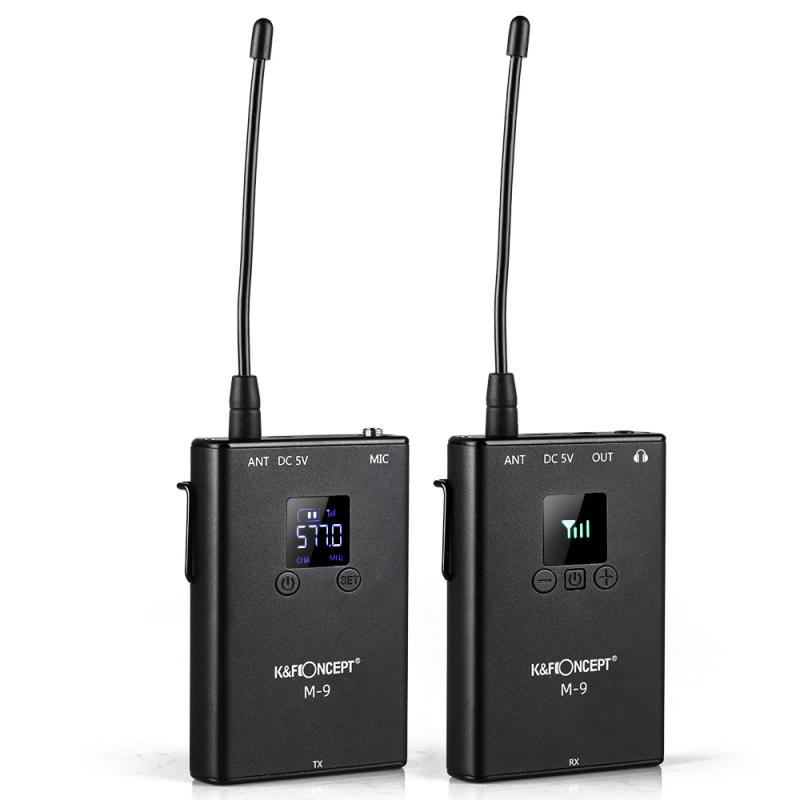
The platform you choose to sell your old digital camera plays a significant role in reaching the right audience and achieving the best price. Here are some of the most popular avenues for selling used photography gear:
1. Online Marketplaces:
- Websites like eBay, Facebook Marketplace, and Craigslist allow you to reach a wide range of potential buyers. On these platforms, you set your price (or an auction format, in the case of eBay), and buyers contact you directly.
- Be prepared to handle shipping yourself and learn how to spot scammers who may attempt fraudulent purchases.
2. Dedicated Camera Buyback Sites:
- Platforms like MPB, KEH, and Adorama specialize in buying and selling used photography equipment. These websites offer free valuations and often allow you to sell your equipment quickly without having to deal with individual buyers.
- However, selling to these companies may result in slightly lower return rates compared to direct peer-to-peer selling.
3. Social Media Groups:
- Facebook groups, Reddit forums (r/photomarket), and other online communities that focus on photography are excellent places to sell used cameras. These groups often consist of knowledgeable audiences who understand the value of quality gear and ask fewer general questions.
4. Local Camera Shops:
- Consider contacting camera or electronics stores in your area. Some shops buy used equipment outright, while others may accept trade-ins or consignment sales.
- Local sales eliminate the need for shipping and allow for an easy inspection process.
5. Photography-Specific Classifieds:
- Online classifieds tailored to photographers, such as FredMiranda.com, cater specifically to niche audiences looking for camera gear. Such specialized sites can help you target serious buyers.
When selecting a platform, consider factors such as listing fees, selling fees, audience reach, and your personal comfort level with negotiations and logistics.
---
Pricing Strategy: Getting the Best Value
Pricing your old digital camera can be tricky. If priced too high, you may struggle to attract buyers; if priced too low, you may leave money on the table. Here are some tips to help you strike the right balance:
1. Research Comparable Listings:
- Look at similar models being sold online to get an idea of the current market price. Factor in condition, included accessories, and popularity while adjusting your own price.
2. Account for Depreciation:
- Understand that camera technology evolves rapidly, and older models generally lose value quickly. If your camera doesn’t have unique, high-demand features, you may need to price competitively.
3. Offer Added Value:
- To justify slightly higher prices, offer extra accessories such as memory cards, camera bags, or spare batteries. Buyers are often willing to pay a premium for a complete package.
4. Be Willing to Negotiate:
- Set your price slightly higher than your target to leave room for negotiation. This gives you flexibility while still ensuring a satisfactory return.
---
Tips for Safely Sealing the Deal
Selling anything online or in person requires careful attention to safety and security. Protect yourself throughout the transaction.
1. For Online Sales:
- Choose secure payment methods like PayPal, eBay’s buyer/seller protection, or direct deposits via trusted systems.
- Always ship the camera with insurance and require signature confirmation to avoid disputes or refund fraud.
2. For Local Sales:
- Meet the buyer in a safe, public location such as a coffee shop or community center. Bringing a friend along is always wise.
- Allow the buyer to test the camera on-site if they request it, but stay within your comfort zone and remain vigilant.
3. Communication:
- Provide honest and clear answers to the buyer’s questions. Disclose any defects or issues upfront to build trust.
---
Can’t Sell? Consider Alternatives
If your camera isn’t selling, or if it has become too outdated, consider alternative ideas for repurposing or disposing of it:
1. Donation:
- Organizations, schools, or charities might benefit from your old camera for educational or creative purposes.
2. Trade-Ins:
- Many camera retailers offer trade-in programs where you can exchange your old equipment for store credit toward newer models.
3. Recycling:
- If your camera is no longer functional or valuable, look for local electronic recycling programs to dispose of it responsibly.
---
Final Thoughts
Selling an old digital camera doesn’t have to be complicated, but it does take a bit of preparation and market savvy. By accurately assessing your camera’s value, preparing it for sale, using the right platform, and employing strong pricing and negotiation strategies, you can maximize your returns while ensuring a smooth transaction for both you and the buyer. Whether your goal is to upgrade your gear or declutter your home, following these steps will make the process easy and rewarding. So take those first steps today—your old camera could become someone else’s prized possession tomorrow!


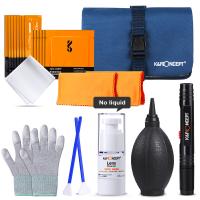
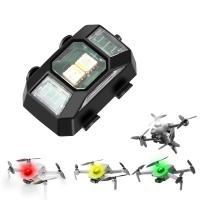
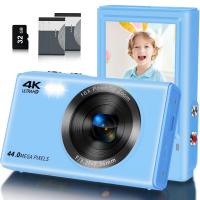
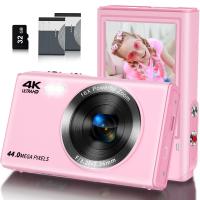
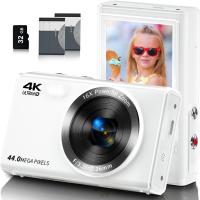
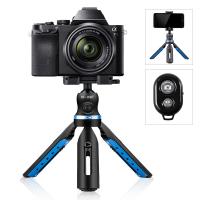

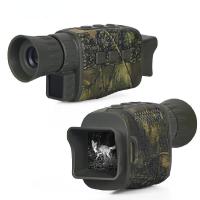
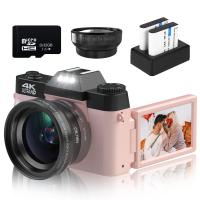
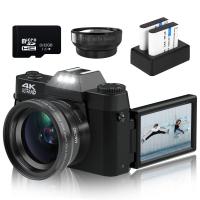
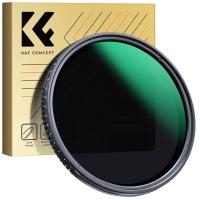
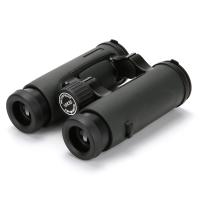

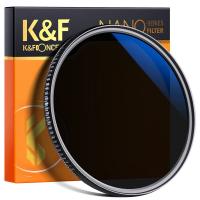
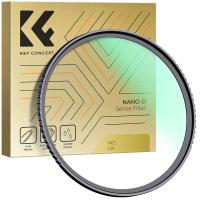
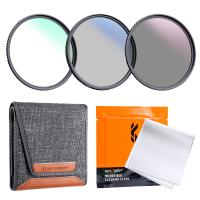
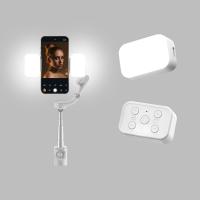
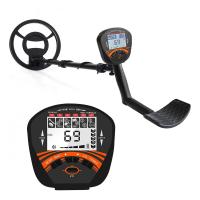
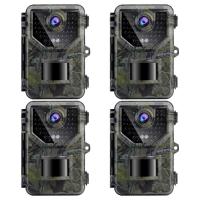
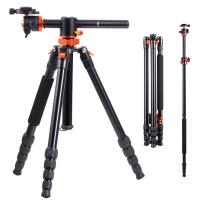
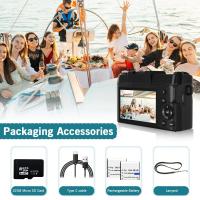
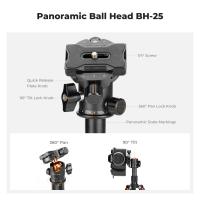

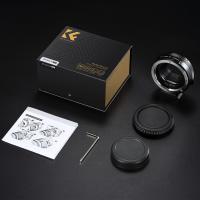
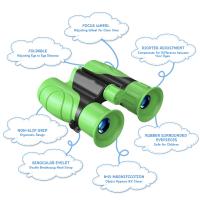

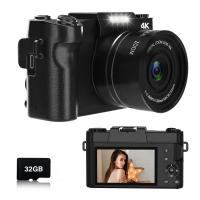
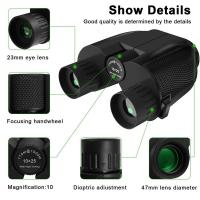
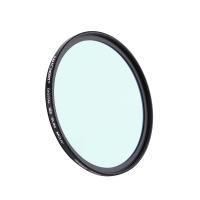
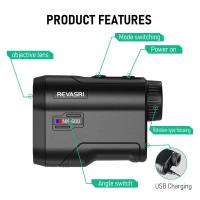
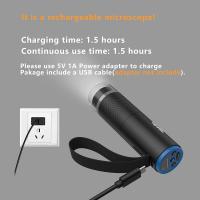
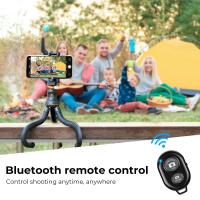
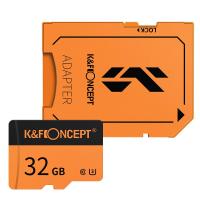
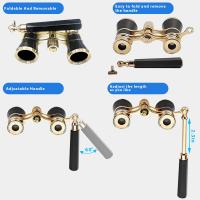
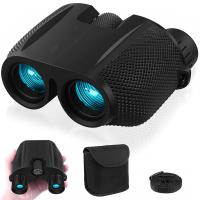
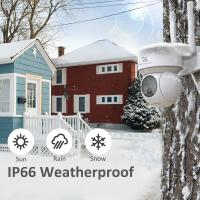
There are no comments for this blog.